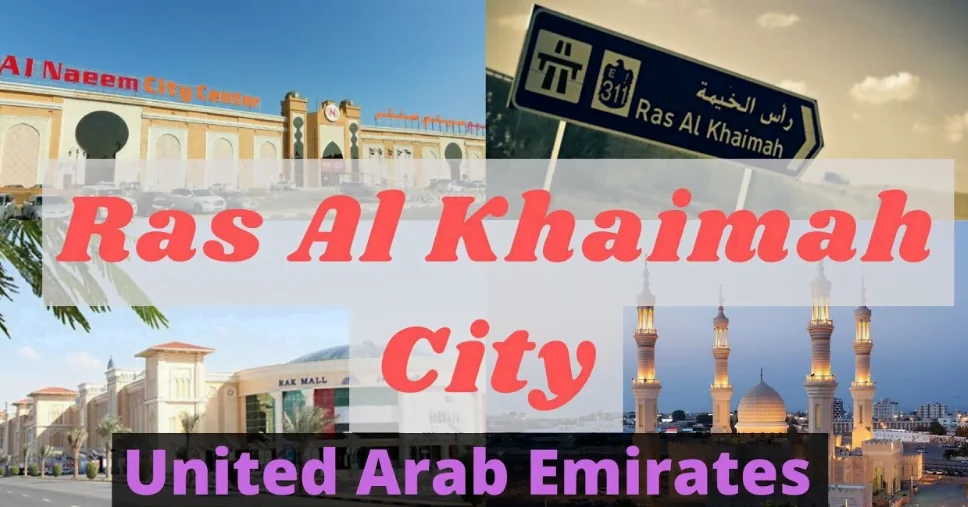One of the UAE Emirate’s Ras Al Khaimah (RAK) is set to launch a free-trade zone for digital and virtual assets where entrepreneurs have total ownership of their businesses, and different regulatory frameworks and tax schemes.

While the nation’s approach to the industry continues to draw in international crypto players, Ras Al Khaimah, one of the United Arab Emirate’s (UAE) seven Emirates, is getting ready to introduce a free zone for businesses dealing in digital and virtual assets.
A “purpose-built, innovation-enabling free zone for unregulated operations in the virtual assets sector,” the RAK Digital Assets Oasis (RAK DAO) will be. The statement stated that applications would be available in the second quarter of 2023.
The free zone will be reserved for companies that provide services for digital and virtual assets in cutting-edge fields like the metaverse, blockchain, utility tokens, virtual asset wallets, nonfungible tokens (NFTs), decentralized autonomous organizations (DAOs), decentralized applications (DApps), and other Web3-related enterprises.
According to Sheikh Mohammed bin Humaid bin Abdullah Al Qasimi, chairman of the RAK International Business Centre, which runs the new free zone, “We are developing the free zone of the future for firms of the future.”
“Being the first free zone in the world exclusively for businesses dealing in digital and virtual assets, we look forward to assisting international entrepreneurs in achieving their goals.”
Free zones, also known as free trade zones, are places where business owners own 100% of their companies, have control over their own tax policies, and are not subject to UAE law’s penal code.
Irina Heaver, a cryptocurrency lawyer based in Dubai, has outlined the procedures for the new free zone and believes that “RAK DAO would start with non-financial activity initially, then may include the financial operations at a later date.” Added her:
“[Entrepreneurs] won’t be able to launch a crypto exchange just yet, which is an ESCA-regulated financial activity.”
One of the key financial authorities in the UAE is the Securities and Commodities Authority (SCA). The SCA has jurisdiction throughout the Emirates, with the exception of the financial free zones, such as the Abu Dhabi Global Market (ADGM) and Dubai International Financial Centre (DIFC), which have their own financial regulators, according to the nation’s recent federal-level virtual assets law.
The new free zone joins the nation’s more than 40 multifunctional free zones, such as the Dubai Multi Commodities Centre (DMCC), DIFC, and the ADGM, which have drawn several blockchains, cryptocurrency, and Web3 enterprises.
The UAE has positioned itself as a cutting-edge center for cryptocurrency companies searching for nations with more lenient legislation.
To safeguard investors and provide rules for the digital asset sector, Dubai introduced its virtual assets law and the Virtual Asset Regulatory Authority in March 2022.
The Financial Services Regulatory Authority, which oversees the ADGM, announced guiding principles in September 2022 outlining how it would regulate and monitor the new asset class and its service providers.
